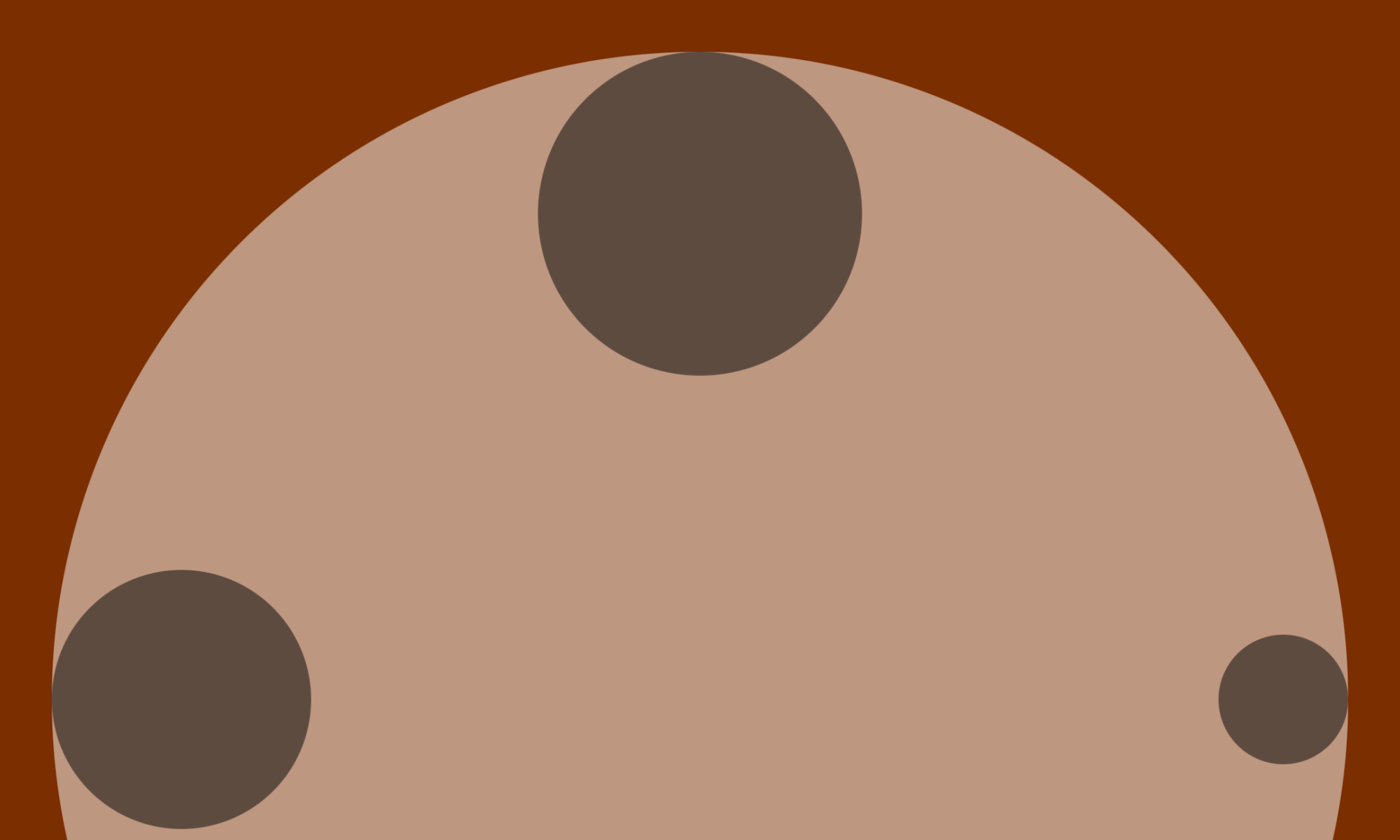I was recently asked to think of ideas for a video game. Project1917 has potential. I love the way the history of the revolution unfolds, with contemporary comment and breaking news, organised into a Twitter style timeline.
It’s an engaging way to understand the history of the revolution. It also has the potential to explore alternative histories. What happens when you change something? We could end up with a vast array of alternate histories.
It makes me think of Len Dayton’s SS-GB, postulating a United Kingdom occupied by Nazi Germany during World War Two.
There’s also Alan Moore’s comic book Watchmen, speculating an alternative history emerging from the discovery of superheroes in the 1940s. Their presence allows the United States to win the Vietnam War, changing the political landscape of the United States.
The thing that’s interesting about both these examples is the way they use changed historical events to fuel a drama. There is something to be explored in taking real historical events, adding or subtracting an element, and dramatising the outcome.

